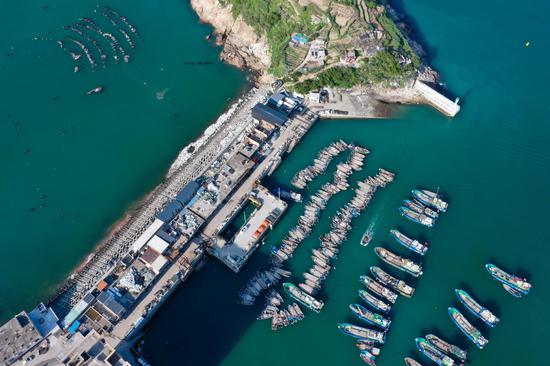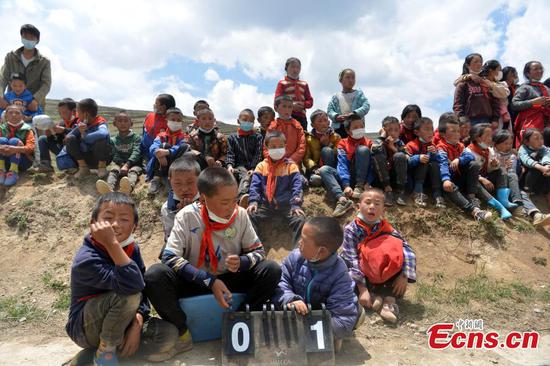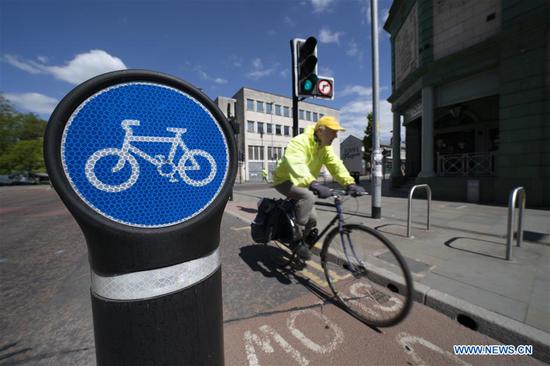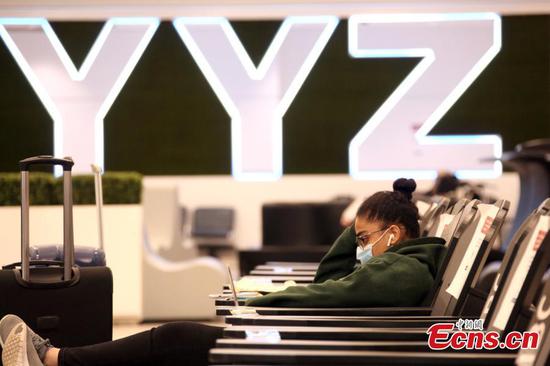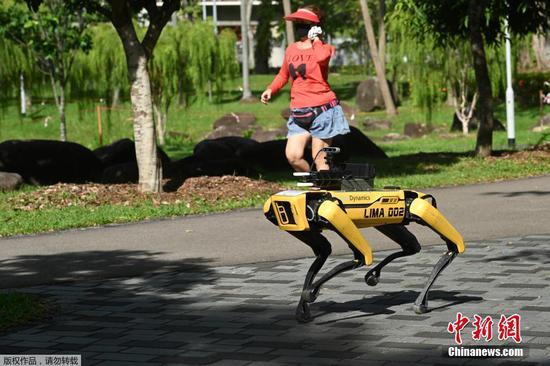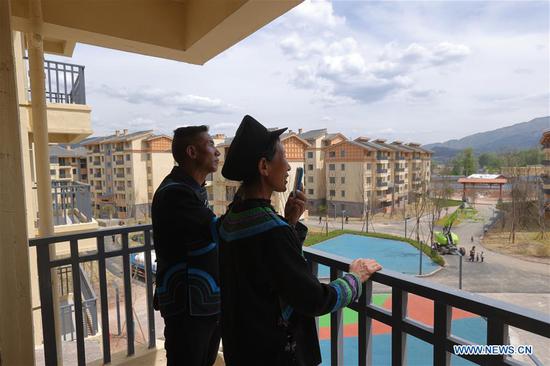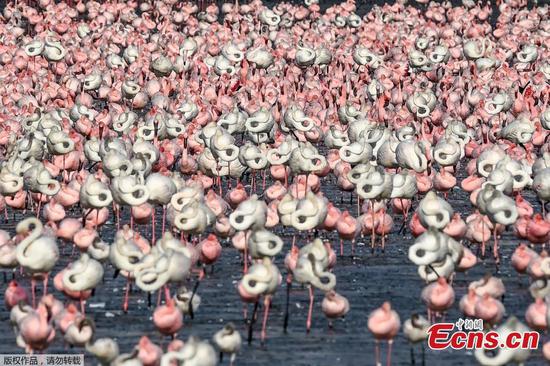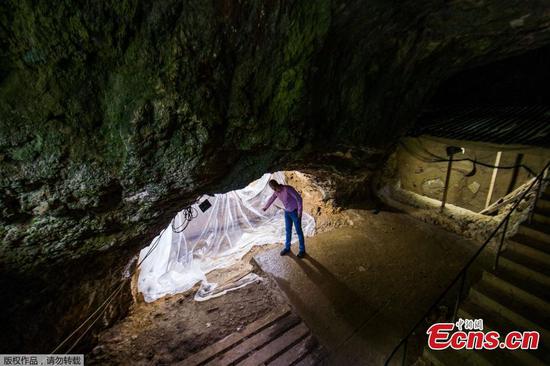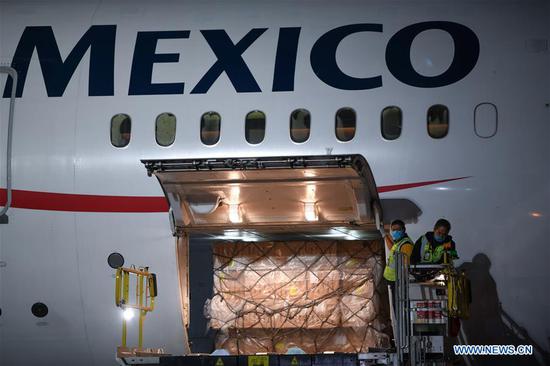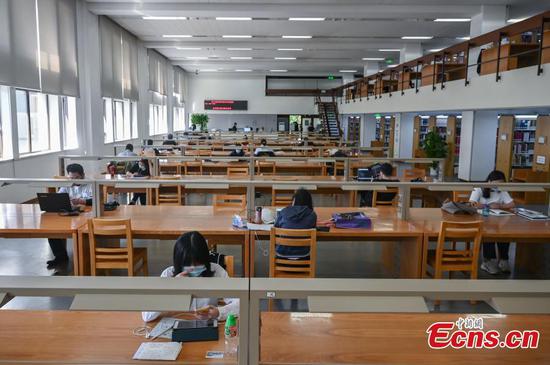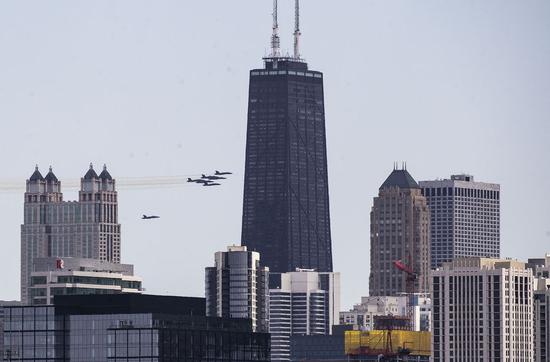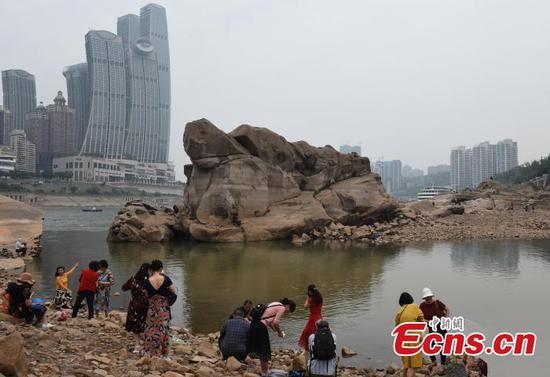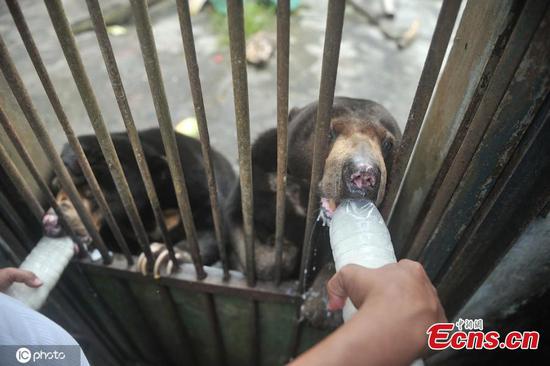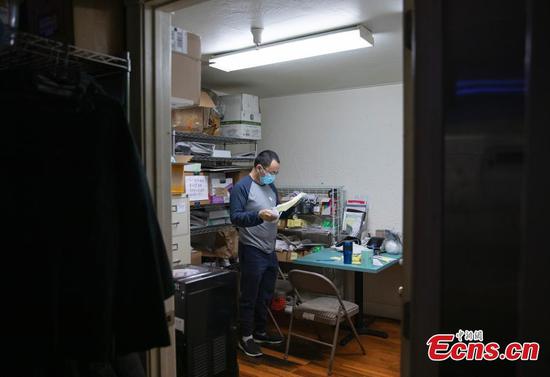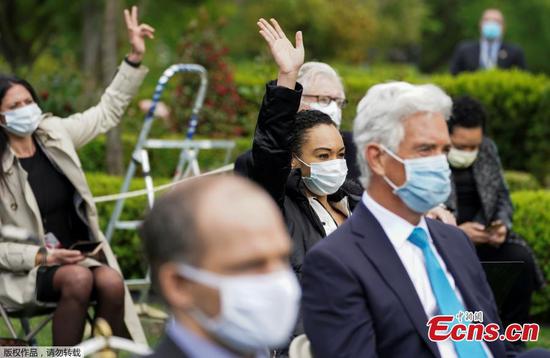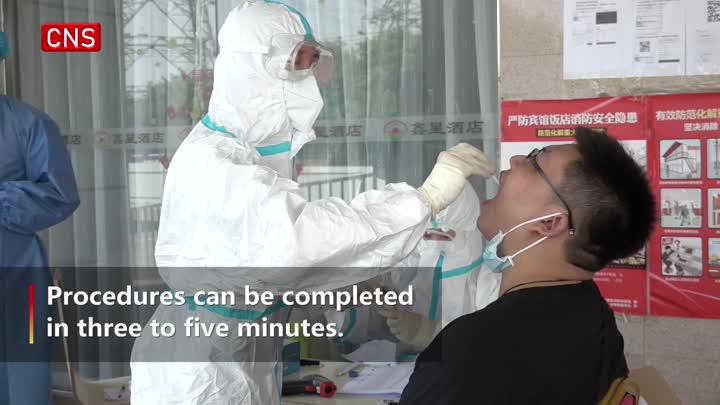The Western Cape province, South Africa's epicenter of the COVID-19 pandemic, on Friday called for further easing of restrictions so as to protect "the most economically vulnerable."
"The impact of the hard lockdown has started to take its toll in our communities," Western Cape Governor Allan Winde said as he unveiled the province's hotspot plan designed to tackle the spread of COVID-19 in high population areas, where high transmission rates are recorded.
The plan identifies all eight sub-districts in the City of Cape Town as transmission hotspots with increasing positive cases over the past four weeks.
While focusing on these areas with enhanced COVID-19 screening and testing of the public, and isolation, quarantine and treatment of confirmed patients, the Western Cape wants to move to level-three restrictions so that it can further open the economy, Winde said.
This hotspot plan is carefully considered to provide the best response to the risks that each of these areas and their residents face, he said.
"Our call to move to level three is aimed at achieving that fine balance of protecting our most vulnerable from COVID-19 infection and protecting the most economically vulnerable in our society," Winde said.
Over 200,000 jobs are going to be lost in the Western Cape alone due to the lockdown restrictions, even with the gradual lifting of restrictions over time, said Winde.
"The situation will be even worse if we stay on Alert Level Four, and businesses are forced to close," he said.
South Africa eased the level-five lockdown, imposed on March 27, to level four on May 1, allowing some businesses to reopen.
President Cyril Ramaphosa promised on Wednesday that most of South Africa, except a number of COVID-19 hotspots, will move to level-three lockdown restrictions by the end of May.
Under level three, there will be significant changes in economic activities and people's life such as the ramping up to full capacity of clothing, textiles and footwear, consumption of off-premise alcohol (subject to limited hours), the sale of tobacco products, limited domestic air travel, full mining operations, and the resumption of postal and courier services and some sports, including walking, jogging and cycling.
As of Thursday, the Western Cape recorded 7,235 confirmed cases, which was much higher than the other eight provinces and more than half of the national tally of 12,739.
"We must make it clear though that a move to level-three lockdown should not be seen as a return to business as usual," Winde cautioned.
The situation remains serious, and residents will still need to comply with a series of regulations aimed at reducing the spread of the virus, he said.











